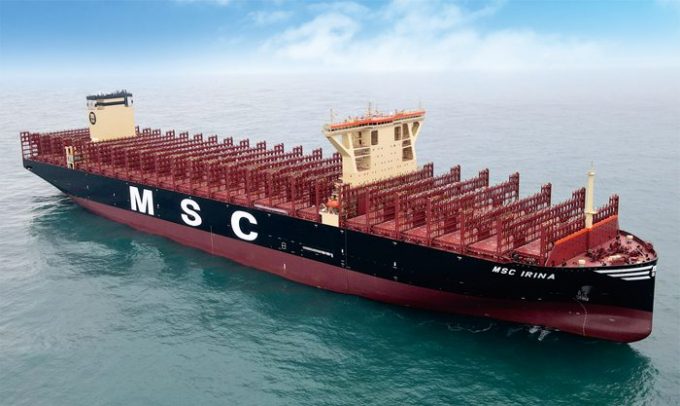News in Brief Podcast | Week 11 | Ocean rates down, uncertainty up
In this episode of The Loadstar’s News in Brief Podcast, host and news reporter Charlotte Goldstone ...

Despite its green credentials being effectively discredited, MSC’s latest orders and new membership of fossil industry lobby Sea-LNG shows LNG is still going strong.
MSC’s latest order, for ten 10,300 teu LNG-fuelled box ships, means 60 out of the 74-strong MSC newbuild orderbook will be LNG-powered.
Sea-LNG, whose board includes representatives of Total and Shell and membership consists of at least 14 fossil fuel and petrochemical companies, welcomed MSC into its ranks this month.
“MSC’s decision to work with our coalition of companies ...
Transpacific sees first major MSC blanks as rates fall and volumes falter
'It’s healthy competition' Maersk tells forwarders bidding for same business
US shippers slam USTR port fee plan – 'an apocalypse for trade'
Opposition builds for final hearing on US plan to tax Chinese box ship calls
Despite sourcing shifts, 'don't write-off China', says CMA CGM CCO
White House confirms automotive tariffs – 'a disaster for the industry'
Cargo chief quits WestJet as freighter operations cease
New price hikes may slow ocean spot rate slide – but for how long?

Comment on this article